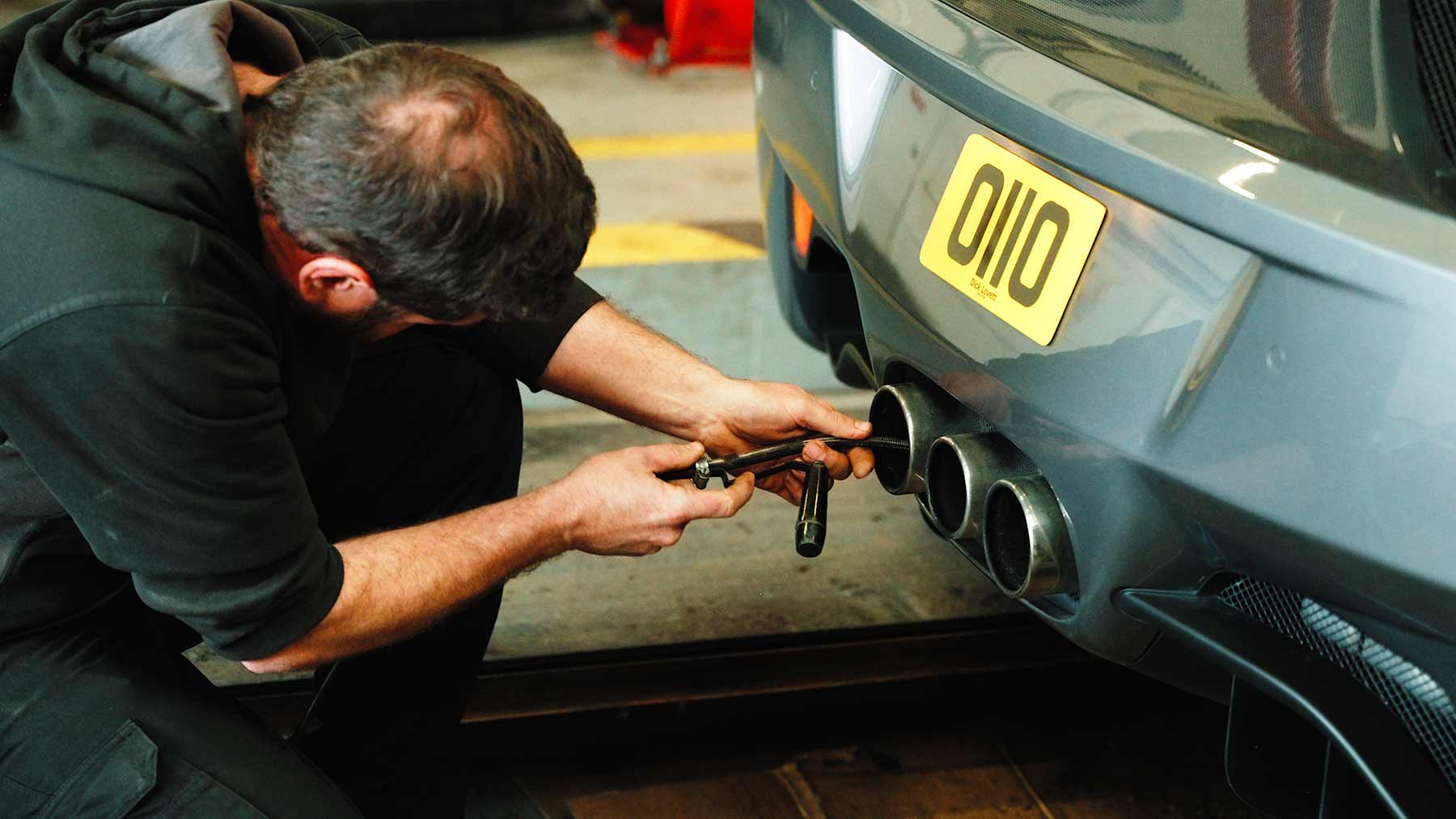Vehicle diagnostics is a method used by automotive technicians to identify and troubleshoot problems in a vehicle.
Modern cars are equipped with a variety of sensors, microchips and onboard computers that monitor the vehicle's performance and system operations. When something goes wrong, these systems generate error codes that can be read using diagnostic tools.
Diagnostics is an essential aspect of modern vehicle maintenance and repair, it uses advanced diagnostic tools to assist automotive technicians to identify issues, ensuring that your vehicle remains in top condition and performs safely on the road.
The Diagnostic Process:
-
Use of Diagnostic Tools: A qualified technician connects a diagnostic scanner / code reader to the vehicle's onboard diagnostic (OBD) port, usually located under the dashboard.
-
Reading Error Codes: The diagnostic tool displays error codes, which correspond to specific issues within the vehicle.
-
Interpreting the Codes: Technicians interpret the error codes using their knowledge and experience. They may refer to the vehicle's manual or an online database to understand the meaning of each code and its implications.
-
Identifying the Problem: Based on the error codes and additional testing, technicians identify the root cause of the problem. This may involve inspecting specific parts of the vehicle, such as the engine, transmission, exhaust system, brakes, or electrical components.
-
Performing Repairs: Once the problem is diagnosed, technicians perform the necessary repairs or fit replacement parts as required. After the repairs, they may run another diagnostic test to ensure the issue has been resolved.
Common Issues Diagnosed:
-
Engine Problems: Misfires, rough idling or stalling.
-
Transmission Issues: Shifting problems or slipping gears.
-
Exhaust System: Catalytic converter inefficiencies or oxygen sensor failures.
-
Electrical Problems: Battery issues, alternator faults, or wiring problems.
-
Brake System: ABS (anti-lock braking system) malfunctions.
-
Airbags: Faulty sensors or deployment mechanisms.
Benefits of Car Diagnostics:
-
Accurate Problem Identification: Diagnostics – using specialist equipment interpreted by qualified technicians – provide precise information about what is wrong with a vehicle, reducing guesswork and saving time.
-
Preventive Maintenance: Early detection of issues can prevent minor problems from becoming major issues, involving costly repairs.
-
Improved Vehicle Performance: Addressing issues promptly helps maintain optimal vehicle performance and efficiency.
-
Safety: Ensuring all systems are functioning correctly enhances vehicle safety for the driver and passengers.
For more information or to book diagnostics please call us on 01792 795705 to speak to a member of our team. Alternately send an email to info@wgdaviesmot.com.


